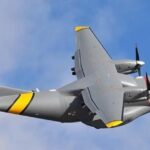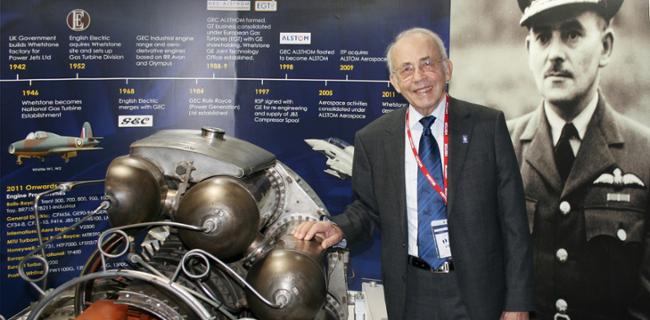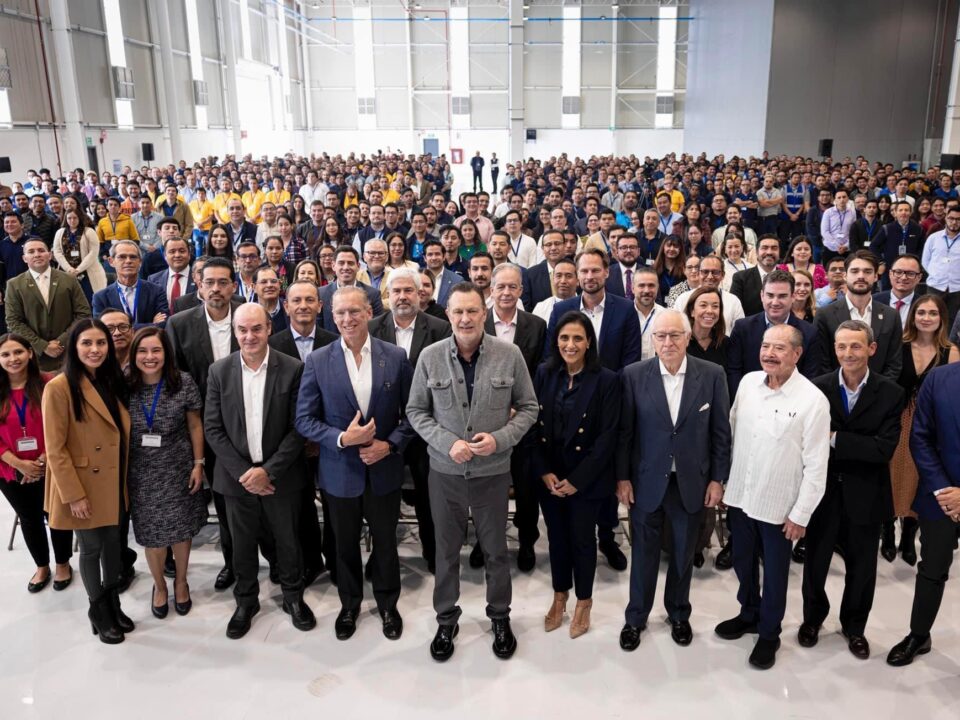


The Spanish Ministry of Defence awards ITP Aero a framework contract for the maintenance of its aircraft engines
May 7, 2020


ITP Aero formalizes its participation in the NGWS/FCAS programme
June 16, 2020Meet Ian Whittle
ITP Aero’s facilities in Whetstone (Leicestershire, UK) bear witness to the creation of the first jet engine, developed by Frank Whittle.
Frank Whittle (1907-1996) was a British military and aeronautical engineer with the Royal Air Force, known for inventing the jet engine. His first thesis, which addressed the need for greater height and speed in aviation through gas turbines, was rejected by the Air Ministry, prompting him to set up a company with RAF support called Power Jets, which was subsequently nationalized in 1943. In collaboration with the American government and General Electric, he flew the first American jet, the Bell Airacomet (1942). After retiring from the RAF in 1948, he was appointed “Sir” and moved to the United States where he continued his career as a professor at the Annapolis Naval Academy.
In ITP Aero, we have welcomed his son, Ian Whittle, to our Whetstone facilities to bring us closer to his father and the history of aviation:
ITP Aero’s Whetstone facility is closely linked to your father’s contribution to the history of aviation. What do you know about ITP Aero?
I know that you manufacture aeronautical engine modules and also that you work on the EJ200 engine, which powers the Eurofighter. You also work with all the major aircraft engine manufacturers… I find that exciting.
Aeronautics is deeply rooted in your family history, you are a pilot yourself. What made you choose this career?
When I was little, my father, who was also a pilot, used to talk to me a lot about planes. He taught me how to make paper airplanes when I was six years old and now I teach it to my grandchildren. I guess the stories about flying experiences he told me made me think about it when I was still in school.
Did you ever imagine that your father’s achievement would have been as significant as it is?
Yes, of course, it was a turning point in our understanding of aviation.
How would you describe your father? Apart from aeronautics, did he have any other interests or hobbies?
My father was a very intelligent man. Even as a child he helped my grandfather in his workshop, he was a mechanic, so he inherited from him a passion for technology. He was also very scholarly, in fact, at university, instead of playing football like most students, he spent a lot of time in the library.
If your father could go back in time, do you think he would have changed anything? Would he have done something differently?
He probably would have fought harder to defend his patent.
What do you think the future holds for aircraft engines?
I think the future will be fascinating and challenging. Especially when it comes to electric power generation. I think there will be a trend towards more economical and less polluting aviation: that is the direction we are going, or at least the direction we should be going in.
As a pilot, what role do you think pilots will play in the future of aviation?
This is a sensitive issue. With the increasing development of unmanned flight systems, the pilot’s role will change and will need to be adapted to new technologies.
After visiting our facilities in Whetstone, how would you define the value that ITP Aero provides to the aviation industry?
You do amazing things. I am so excited, all I can say is “well done, keep up the good work and let’s talk about it in the future”.






